Keywords: Plenary Council
-
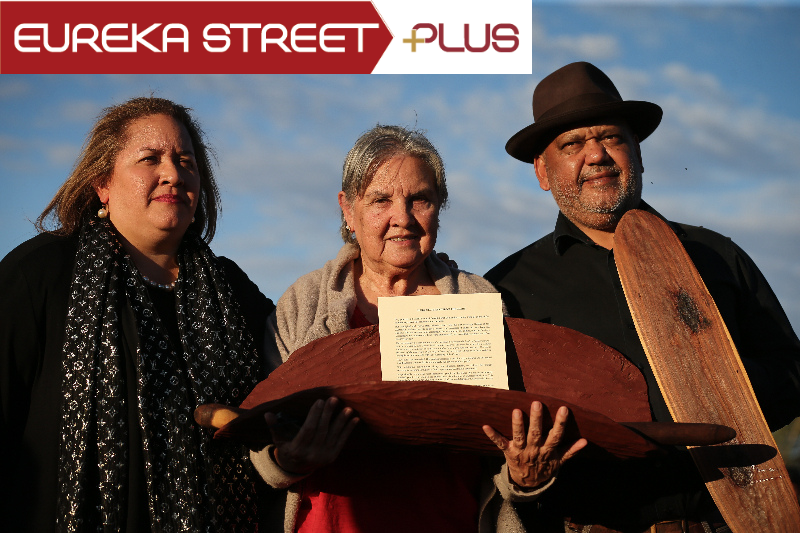
AUSTRALIA
- Frank Brennan
- 06 May 2022
5 Comments
Whoever is Prime Minister after the election on May 21, he will need to address the question of Indigenous recognition in the Australian Constitution. This is the sixth election in a row when the question has been a live, unresolved issue during the election campaign. The patience of Indigenous leaders is understandably wearing thin. Trust is waning. There is still no clear path ahead. So where to from here?
READ MORE 
-

RELIGION
- John Warhurst
- 26 April 2022
22 Comments
The Church must speak up to be relevant, but those who seek to ‘speak for the church’ must be brave. They risk exposing themselves to claims of bias unless they stick to a very narrow agenda and speak in extremely measured terms. Yet if they are too bland they risk being irrelevant to the sharp end of political debate and their intervention becomes little more than a symbolic ritual.
READ MORE 
-
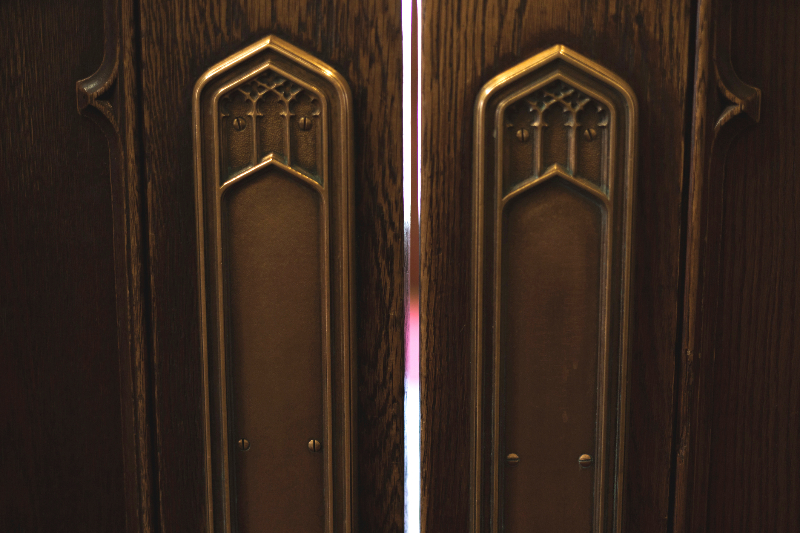
RELIGION
- John Warhurst
- 05 April 2022
19 Comments
The 280 Plenary Council (PC) Members have just taken another major step towards the Second Assembly in Sydney on 3-9 July. Yet it is difficult to have a proper public conversation about this step because it has taken place behind closed doors. Towards the Second Assembly comes a long way under the guidance of the four writing groups, whose membership has not been made public. Though it is a mixed bag, it is probably the best document emerging from the PC, making it even more frustrating that it is not in the public domain.
READ MORE 
-
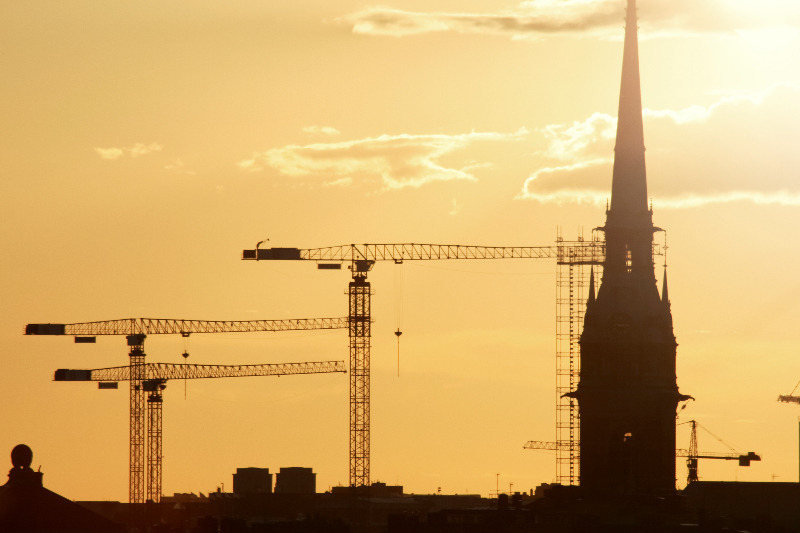
RELIGION
- Andrew Hamilton
- 24 March 2022
10 Comments
Any program of church reform will have soon to ask Chernyshevsky’s question, What is to be done? It is a dangerous question — he wrote his novel from jail and spent much of his life in exile or imprisonment. Discussion of Church matters is mercifully less perilous today, but the question does invite a radical repiecing of the connections and tradition and energies that constitute Catholic life.
READ MORE 
-
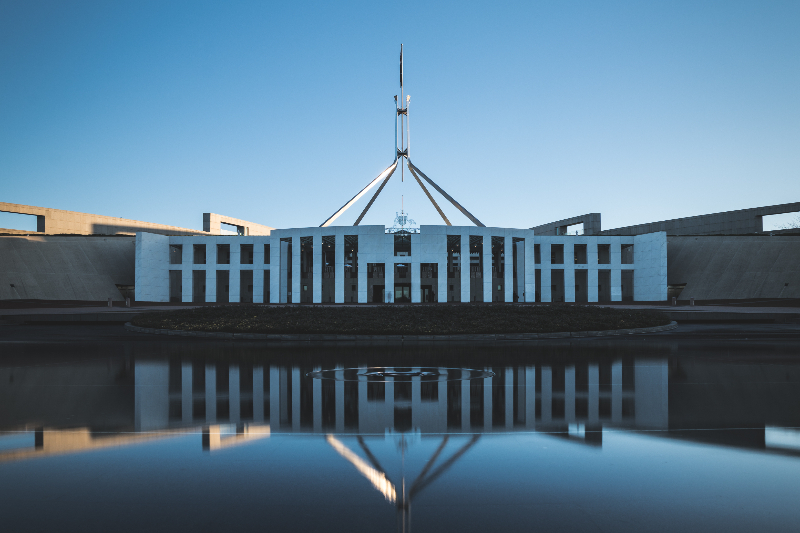
AUSTRALIA
- Frank Brennan
- 22 February 2022
42 Comments
In recent days, if you were to listen to the media reports, you could be forgiven for thinking that religious educators want to retain a right to exclude children or teachers from their schools on the basis of their gender or sexual orientation. Nothing could be further from the truth. Or nothing should be further from the truth.
READ MORE 
-

AUSTRALIA
- Frank Brennan
- 22 February 2022
1 Comment
In recent days, if you were to listen to the media reports, you could be forgiven for thinking that religious educators want to retain a right to exclude children or teachers from their schools on the basis of their gender or sexual orientation. Nothing could be further from the truth. Or nothing should be further from the truth.
READ MORE
-
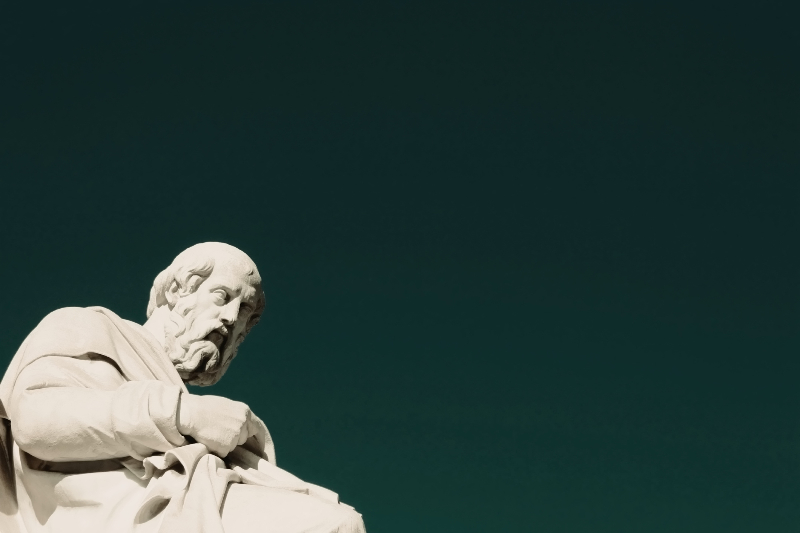
RELIGION
- Gerry O'Neill
- 17 February 2022
13 Comments
At a time when the Catholic Church is being invited to greater humility by the Plenary Council and greater synodality by Pope Francis it may be prudent to acknowledge both the richness and limitations of human knowing, especially when it comes to matters concerning ultimate reality.
READ MORE 
-
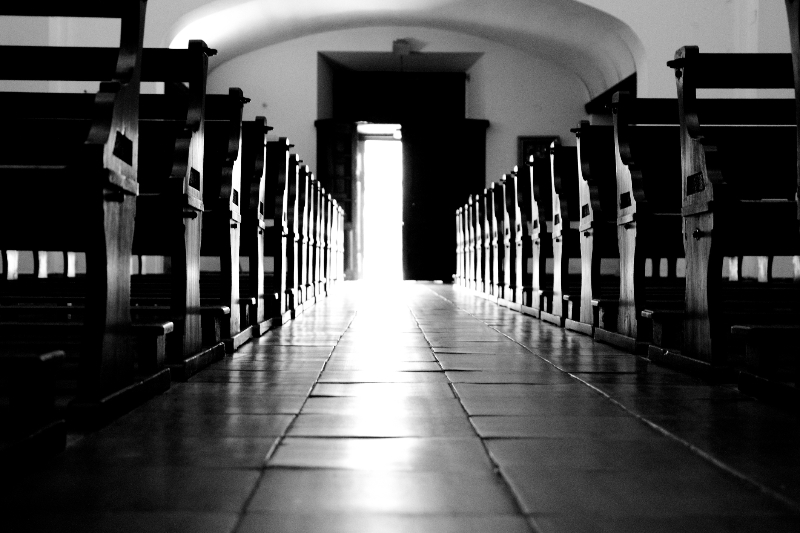
RELIGION
- John Warhurst
- 10 February 2022
37 Comments
The Church in Australia has taken a step towards greater transparency with the release by the Australian Catholic Bishops Conference (ACBC) of its first ever Annual Report-this one for the 2020 year. This step is welcome, but there is more to be done. Synodality and co-responsibility presumes that those who are walking together have equal access to information upon which to discern the future of the Church at all levels.
READ MORE 
-

AUSTRALIA
- Greg Craven
- 25 January 2022
53 Comments
One reasonably could ask whether this is the moment to write a book about the potential of Catholic Social Theory to contribute to Australian politics and policy. After all, the Church is still struggling to come to terms with decades of child abuse, hardly a recommendation for social potential. We currently also are attempting to make sense of a Plenary that is both confused and confusing.
READ MORE 
-
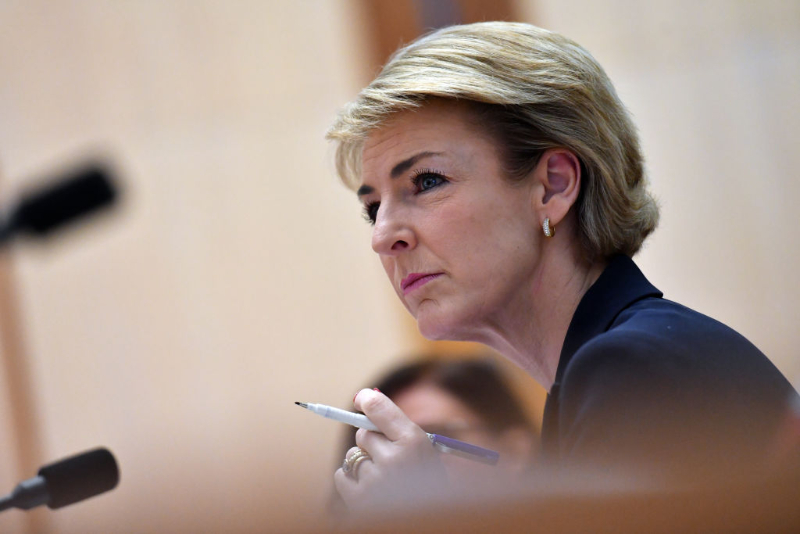
AUSTRALIA
- Frank Brennan
- 11 January 2022
2 Comments
It’s four years since the Australian Parliament amended the Marriage Act 1961 to provide that marriage means ‘the union of two people to the exclusion of all others’. The legislation followed the plebiscite on same sex marriage. To address the concerns of some religious groups, Prime Minister Malcolm Turnbull set up an expert panel chaired by long time Liberal Party minister Philip Ruddock to report on whether Australian law adequately protected the human right to freedom of religion.
READ MORE
-
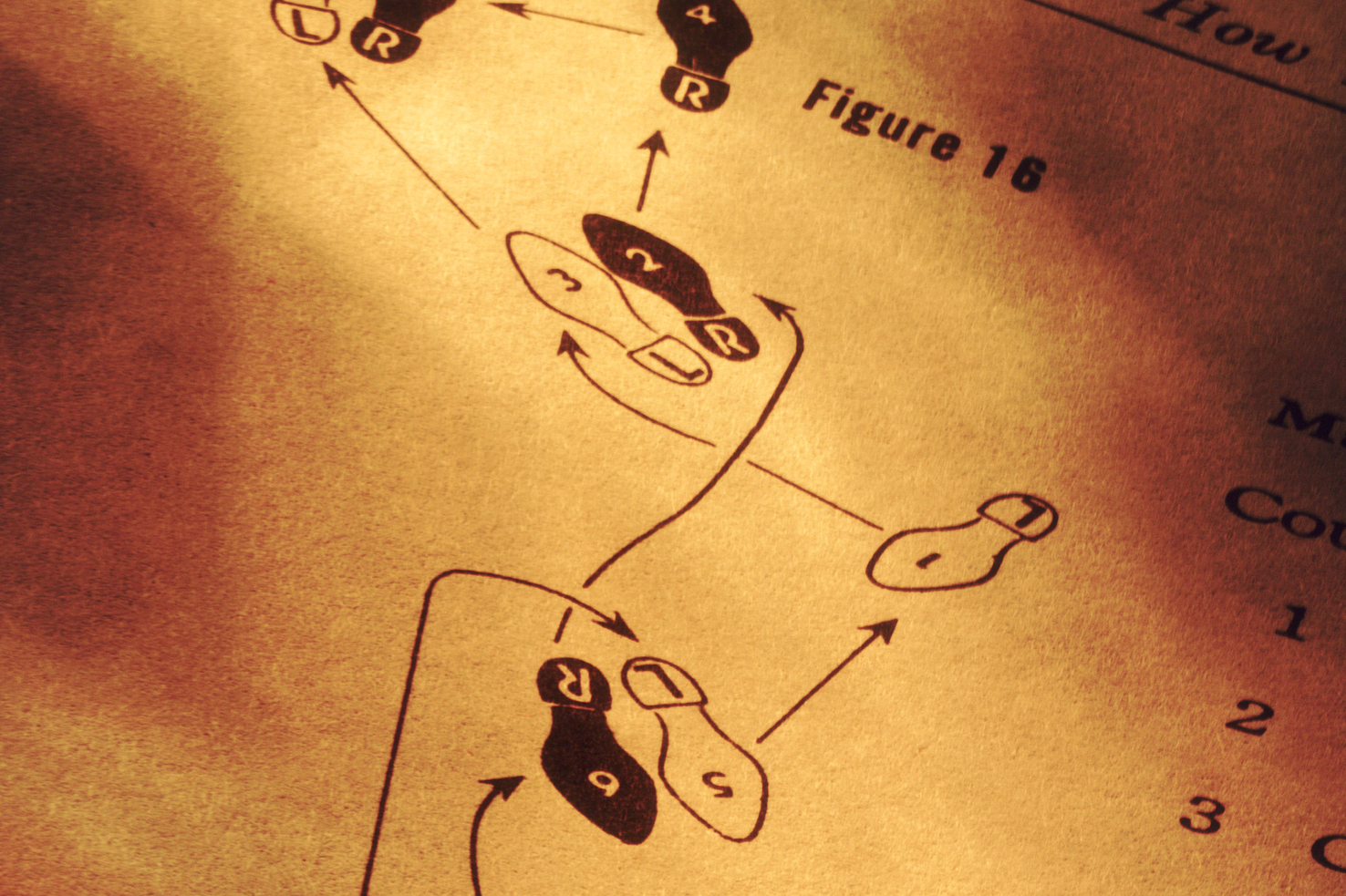
RELIGION
- Francis Sullivan
- 04 January 2022
14 Comments
The First Assembly of the Fifth Plenary Council held few surprises. The program made sure of it. Proceedings were carefully choreographed and the agenda was deliberately anodyne. It took several days before participants found their feet. The upshot was a week devoid of strategic focus.
READ MORE
-

RELIGION
- John Warhurst
- 14 December 2021
31 Comments
Synodality confronts the traditional practice of hierarchy within the church. When the ACBC responded last December to The Light from the Southern Cross report, which promoted synodality and co-responsible governance, it re-stated its position that hierarchy was embedded in the church’s approach to governance. This immediately set up a potential tension between episcopal authority and participation in governance by the People of God.
READ MORE 